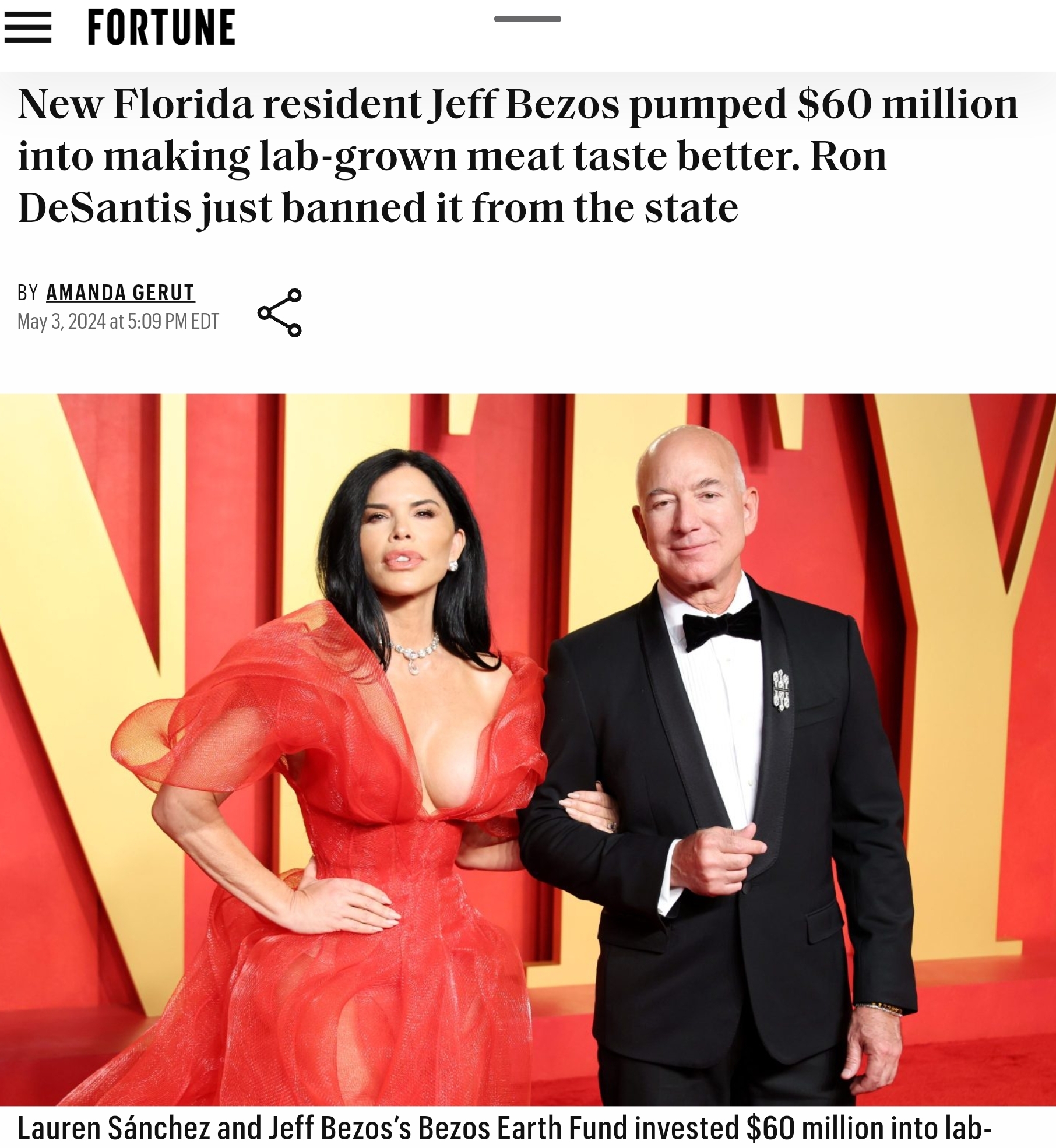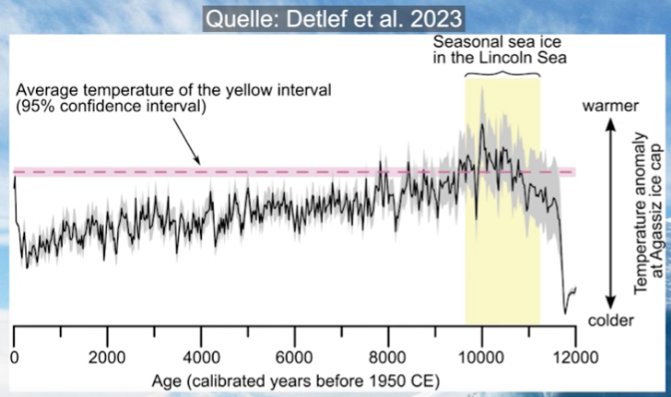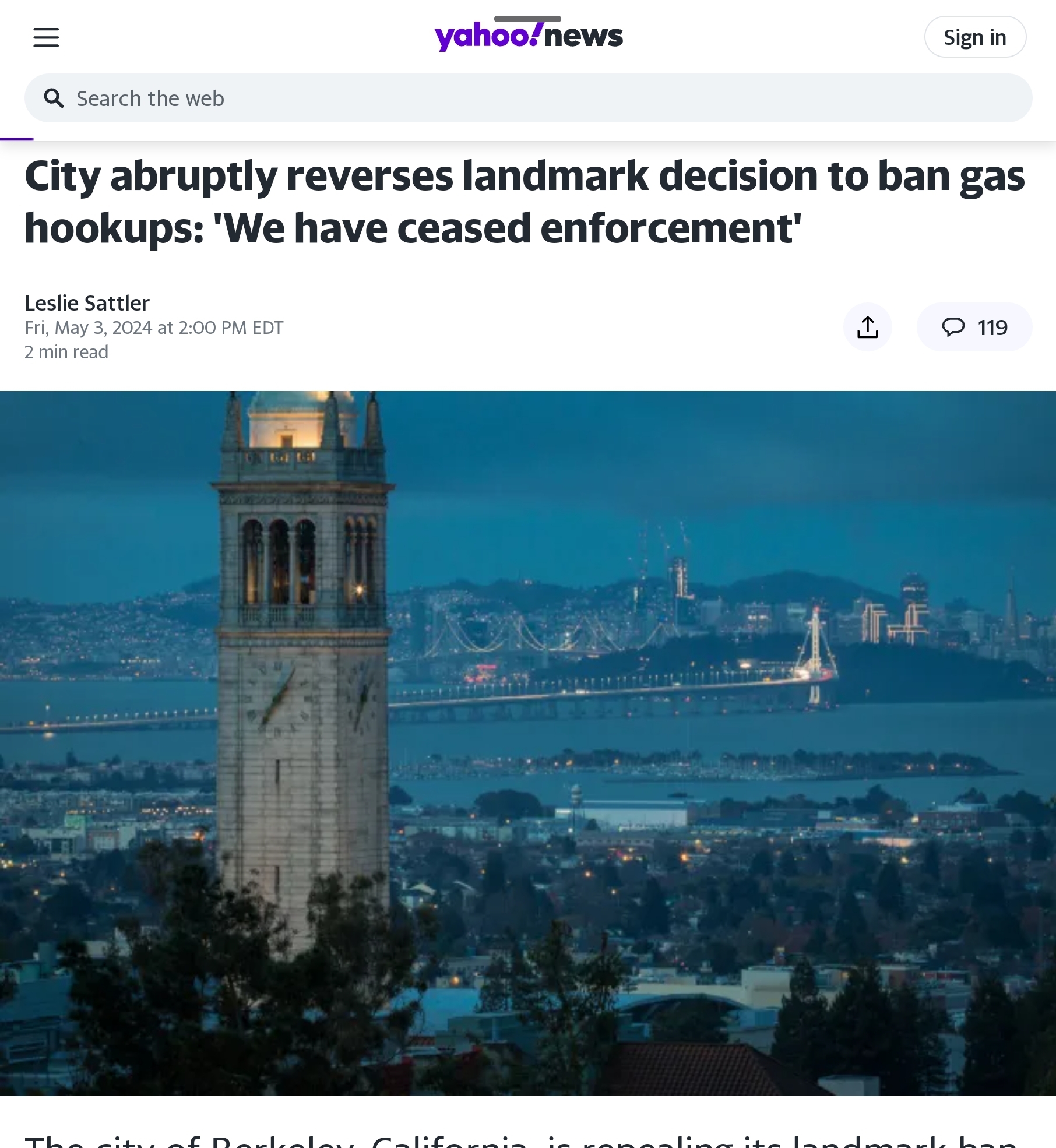By Tim Pearce
The World Bank is spending millions in government funding from various countries, including the U.S., to implement climate mitigation strategies in line with an international agreement to fight climate change — the Paris climate accords.
The U.S. is the World Bank’s largest supporter and shareholder owning 17 percent of organization’s shares. The next largest owner, Japan, owns just under 8 percent. Several bills moving through Congress would grant the World Bank, along with other Multilateral Development Banks, roughly $1.8 billion.
The World Bank works with poor and developing countries to improve their infrastructure, technology and security. The bank seeks to “galvanize international and national efforts to end extreme poverty globally within a generation and to promote ‘shared prosperity,’ a sustainable increase in the well-being of the poorer segments of society.” The bank’s overarching goal is to bring the percentage of world’s population living in extreme poverty – on less than $1.90 a day – to 3 percent.
The bank has identified climate change as the one of the largest drivers of poverty and has committed to an energy investment strategy aligned with the emissions-limiting goals of the Paris climate accords. President Donald Trump announced in 2017 he was pulling the U.S. out of the global climate treaty. (RELATED: Trump Announces US Withdrawal From The Paris Climate Accord)
“Climate change is a threat to the core mission of the World Bank Group,” the World Bank’s 83 page Climate Change Action Plan for 2016-2020 states. “Without further action to reduce extreme poverty, provide access to basic services, and strengthen resilience, climate impacts could push an additional 100 million people into poverty by 2030.”
The bank has pledged to not finance upstream oil and natural gas projects except in “exceptional circumstances” after 2019 because of the sectors’ carbon emissions and alleged impact on climate change. The bank stopped investments in the coal industry in 2013.
“In terms of the three sources that are actually proven to help companies rapidly develop energy (coal, oil and natural gas), the World Bank is saying a flat ‘No.’” Center for Industrial Progress founder and president Alex Epstein told The Daily Caller News Foundation.
The bank’s policy is aimed at lifting people from poverty while having a minimal effect on carbon emissions. The strategy may have the opposite impact, however.
Developing countries have historically followed a step-by-step process toward greater energy efficiency. The process involves starting from the most pollutive and unhealthy forms of energy, such as in-home cook fires, that cause indoor air pollution which kills an estimated 4.3 million people annually. From there, developing countries take up fossil fuel energy plants, which takes pollution out of the home, creates a reliable source of energy and, over time, results in lower emissions per capita, according to a May report by The Global Warming Policy Foundation. (RELATED: REPORT: Radical Environmentalism Could Kill Millions Of People In Poor Countries)
The World Bank’s strategy, generally, is to leapfrog the fossil fuel rung of the “energy ladder” and construct grids powered by zero-emission renewable energy sources in countries with wide-spread systemic poverty. Wind and solar energy is intermittent power reliant on the weather and energy is produced at a higher cost relative to fossil fuels.
“In the most underdeveloped nations, that of course, has a very perverse, unintended consequence — people start chopping down their forests etc. and using wood and dung for cooking and heating,” CATO Institute Center for the Study of Science director Patrick Michaels told TheDCNF. “It’s very counterproductive.”
“The poorest parts of the world need assistance in developing dense energy sources: power plants. And by not providing them that, the World Bank is merely condemning them to lifetime poverty and misery,” Michaels said.
Even if climate change was incontrovertibly pushing global temperatures to a worst-case scenario within the next few decades, the World Bank has backed away from investing in the most reliable and scalable sources of green energy, hydro and nuclear power, in favor of wind and solar energy because the latter duo is more politically popular, according to Epstein.




